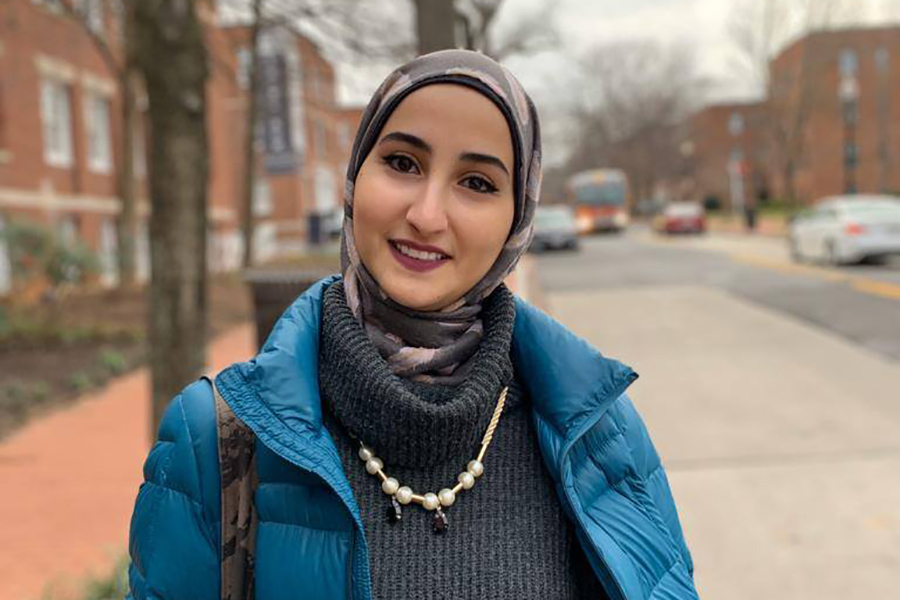A Multidimensional Graduate School Experience in the Heart of Washington DC

WHAT ENCOURAGED YOU TO APPLY TO JOHNS HOPKINS SAIS?
After completing my undergraduate degree, I earned the Fulbright Scholarship to pursue my degree at any university in the United States. I ultimately chose Johns Hopkins SAIS based on its competitive reputation, the renowned faculty and the professional network I could establish while learning from them, and the extensive alumni network, who have joined leading institutions worldwide. Furthermore, I knew the MIEF program was the right choice for me for a number of reasons. First, MIEF is known for its quantitative rigor and wide class offerings that has helped me establish a solid ground for being up to date with data analysis. I am also a type of person who likes to “have a lot of life in my years, as opposed to a lot of years in my life.” The responsibilities, that translate into achievements, which MIEF holds us accountable to in just 11 months, is one of the best ways to maximize the time usage. Lastly, MIEF’s close-knit cohort has led to close friendships today, which will become my networks tomorrow.
COULD YOU PLEASE TELL US ABOUT ANY EXTRACURRICULAR ACTIVITIES YOU HAVE BEEN INVOLVED WITH SUCH AS CLUBS OR CAREER TREKS?
Johns Hopkins SAIS opens doors to a wide range of extracurricular activities for its students to stay engaged and make the most out of their student experience. One activity I have been involved with outside the classroom is contributing research to the International Finance and Economics Review (InFER), which is a magazine issued by the MIEF program. I have also always made extra time to attend seminars, conferences, and lectures presented by elite visiting scholars and policy makers from around the world. In addition, I joined the Middle East and North Africa (MENA) club, since I come from Lebanon and one of the most interesting discussions that I have with friends are those that exchange cultural information and practices.
WHAT HAVE YOU FOUND ADVANTAGEOUS ABOUT STUDYING IN DC?
I believe DC is an excellent resourceful city to live and study in. The school is located across the street from many think tanks like Brookings and the Peterson Institute, and just a few blocks from the World Bank Group and International Monetary Fund, which is an invincible way to make professional connections. The city is also very diverse. You will be surrounded by people from all around the globe, with many opportunities to listen to and discuss global issues with elites in their fields.
WHAT DO YOU HOPE TO DO WITH YOUR DEGREE AFTER YOU GRADUATE?
Upon graduation, I plan to join the World Bank Group in Washington DC as a Research Analyst and I look forward to working on analyzing the macroeconomic policy impacts of the various economic and health challenges we are facing today. Afterwards, I plan to pursue an economics research degree at Oxford University in United Kingdom, followed by a PhD in economics.

